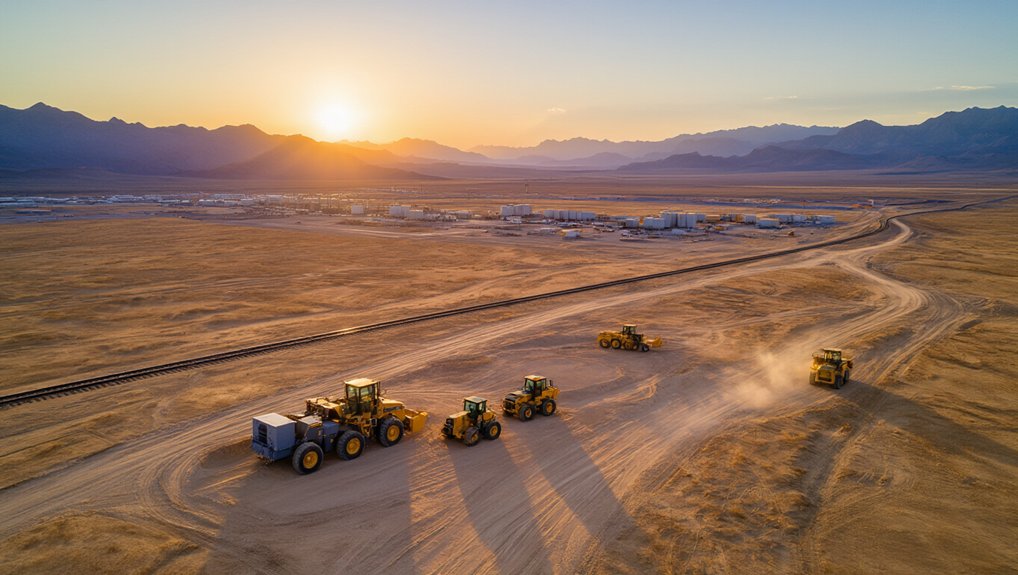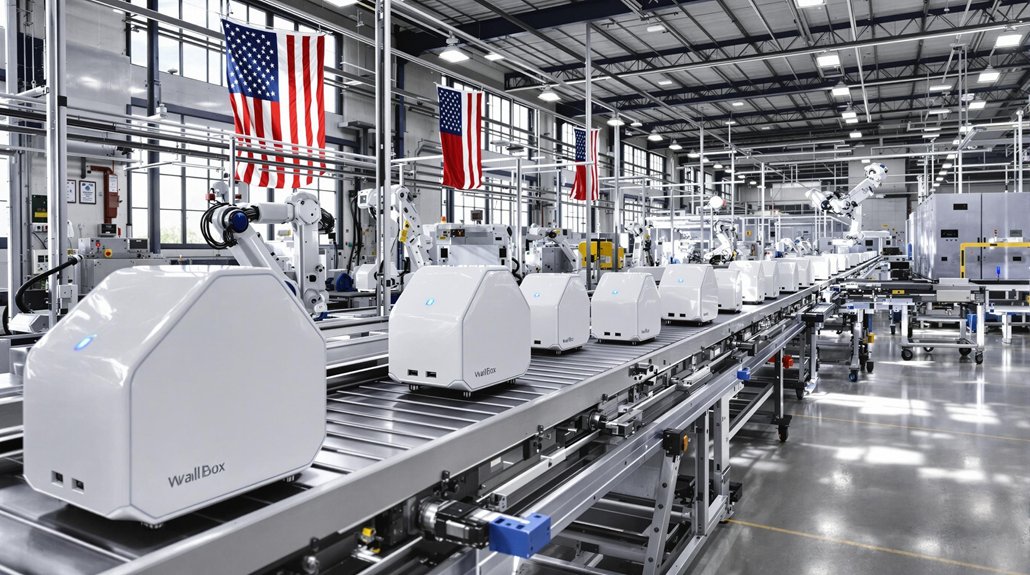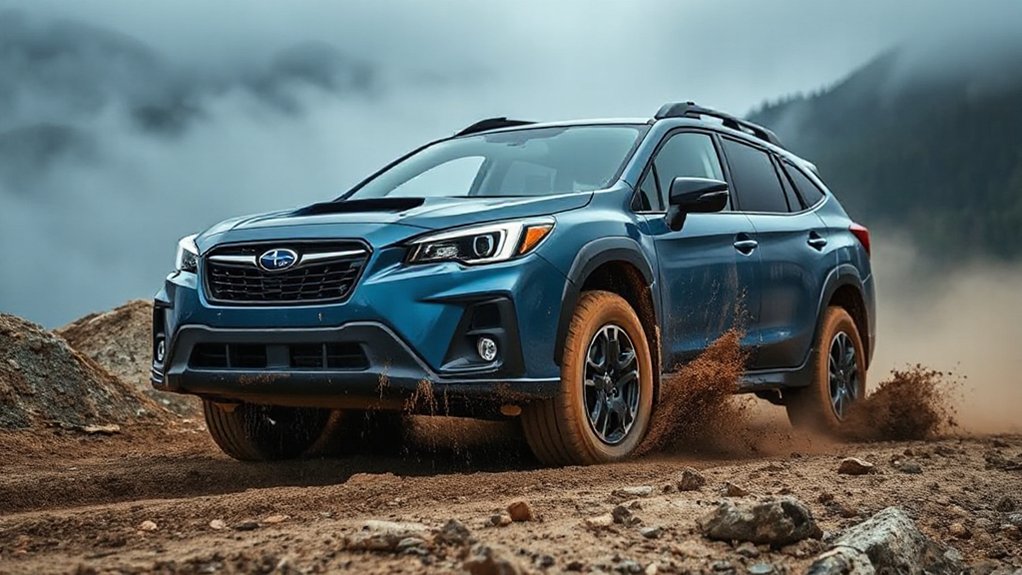The Tonopah Flats Lithium Project has just scored a major win. The Nevada-based development has been awarded “transparency priority” status by the US Federal Permitting Council, landing a coveted spot on the FAST-41 federal permitting dashboard. Big deal? You bet. This designation means the project gets expedited through the bureaucratic maze that typically bogs down critical mineral projects for years.
This isn’t just some random mining operation getting special treatment. The project represents a cornerstone in America’s desperate scramble to stop relying on China for lithium. Because let’s face it, depending on foreign powers for battery materials isn’t exactly a winning strategy when you’re trying to lead a global energy shift.
The numbers speak for themselves. Once operational, Tonopah Flats will pump out roughly 33,000 tons of battery-grade lithium hydroxide annually. That’s enough juice for about 500,000 electric vehicles each year. Not too shabby for domestic production. Unlike geothermal energy which offers minimal land use compared to other renewables, lithium mining requires significant land resources to achieve production scale.
Wall Street noticed, too. American Battery Technology Company shares jumped 13.4% on the news, pushing their market cap to $152 million. Money talks.
The federal backing isn’t just ceremonial. Multiple agencies—the Bureau of Land Management, EPA, and Department of Energy—will now coordinate their typically disjointed permitting processes. The result? Transparency, accountability, and (hopefully) speed.
Technical validation came through in April 2024, when an Initial Assessment confirmed what everyone suspected: the site holds one of America’s largest lithium deposits. The integrated mine and refinery design cuts transportation costs and emissions. Smart.
What makes this particularly clever is the Nevada location with rail access. Logistics matter when you’re trying to compete globally.
This expedited designation doesn’t guarantee smooth sailing—government programs rarely do. But it does signal that someone in Washington finally understands the urgency of building a domestic battery supply chain. The project has secured substantial financial support with a $900 million LOI from the Export-Import Bank aligned with their “Make More in America” initiative. The project is led by CEO Ryan Melsert, who expressed enthusiasm about this significant milestone for TFLP. Because electric futures require lithium. And lots of it.
References
- https://americanbatterytechnology.com/american-battery-technologys-nevada-lithium-project-added-to-federal-permitting-dashboard/
- https://www.juniorminingnetwork.com/junior-miner-news/press-releases/3397-nasdaq/abat/182909-american-battery-technology-company-s-tonopah-flats-lithium-project-selected-by-trump-administration-for-fast-track-permitting-as-critical-mineral-priority-project.html
- https://discoveryalert.com.au/news/tonopah-flats-lithium-project-2025-strategic-importance/
- https://discoveryalert.com.au/news/exim-letter-abtc-nevada-project-2025/
- https://www.mining.com/american-battery-technologys-nevada-lithium-project-added-to-federal-permitting-dashboard/








